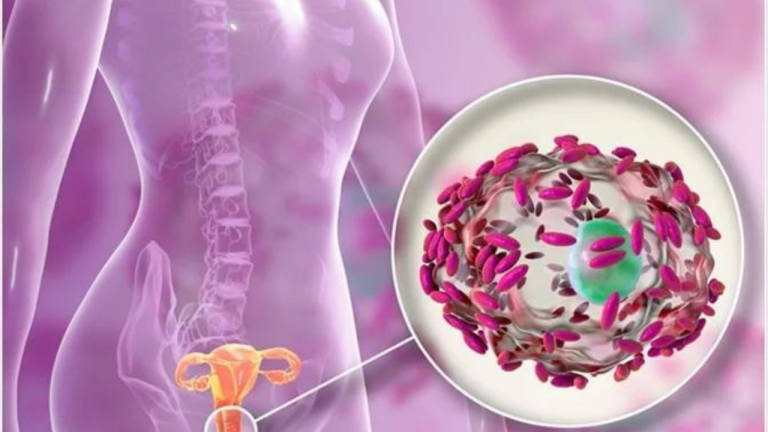What are the Risks of Eating Highly Processed Foods, and How Can We Reduce our Intake While Still Getting Proper Nutrition?

Eating highly processed foods on a regular basis can increase the risk of several health issues. Some of the potential risks associated with a diet high in processed foods include:
Weight gain and obesity: Highly processed foods tend to be high in calories, sugar, and unhealthy fats, which can contribute to weight gain and obesity.
Increased risk of chronic diseases: A diet high in processed foods has been linked to an increased risk of chronic diseases such as type 2 diabetes, heart disease, and certain cancers.
Nutrient deficiencies: Highly processed foods are often low in essential nutrients such as fiber, vitamins, and minerals, which can lead to nutrient deficiencies if consumed regularly.
To reduce your intake of processed foods while still getting proper nutrition, here are some tips:
Eat whole foods: Choose whole foods that are minimally processed, such as fruits, vegetables, whole grains, lean protein, and healthy fats.
Read food labels: Be mindful of the ingredients list and nutrition information on packaged foods. Look for foods with fewer ingredients and avoid those with added sugars, unhealthy fats, and high levels of sodium.
Cook at home: Preparing your meals at home can help you control the quality and quantity of the ingredients you use. You can also experiment with different cooking methods and flavors to make healthy eating more enjoyable.
Plan ahead: Plan your meals and snacks ahead of time to avoid relying on convenience foods when you are short on time.
Limit processed snacks: Instead of reaching for processed snacks like chips or candy, choose healthier options such as fresh fruit, nuts, or seeds.
By making these changes to your diet and lifestyle, you can reduce your intake of processed foods and improve your overall health and well-being.



